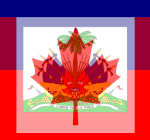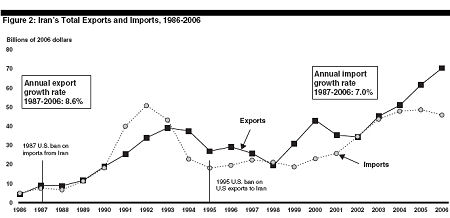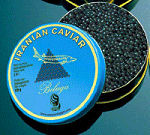 Québec’s Commission des droits de la personne et des droits de la jeunesse (“Human Rights Commission”) issued a press release yesterday describing (somewhat) the settlement agreement entered into between Bell Helicopter and a Canadian with dual Haitian citizenship. The Canadian had been dismissed from an internship with Bell once Bell learned of the Canadian’s dual citizenship. The company based this dismissal on the U.S. arms embargo on Haiti, which would prevent Bell from transferring technical data on U.S. origin defense articles to the Canadian citizen based on his dual citizenship as a Haitian.
Québec’s Commission des droits de la personne et des droits de la jeunesse (“Human Rights Commission”) issued a press release yesterday describing (somewhat) the settlement agreement entered into between Bell Helicopter and a Canadian with dual Haitian citizenship. The Canadian had been dismissed from an internship with Bell once Bell learned of the Canadian’s dual citizenship. The company based this dismissal on the U.S. arms embargo on Haiti, which would prevent Bell from transferring technical data on U.S. origin defense articles to the Canadian citizen based on his dual citizenship as a Haitian.
The press release noted that the terms of the settlement agreement were confidential. However, since the Canadian citizen’s complaint sought money damages, it can be safely assumed that Bell paid monetary damages to settle the complaint.
Not surprisingly, the Commission’s press release went beyond reporting Bell’s voluntary settlement agreement with the Canadian citizen and expressed the obligatory outrage at the application in Canada of U.S. rules relating to U.S. defense articles:
The Commission reiterates its opposition to the application of the ITAR rules in Québec because of their discriminatory impact. It has conducted a legal analysis of the rules and concluded that they include requirements that are inconsistent with The Québec Charter of Human Rights and Freedoms. More specifically, they infringe the right to equality without discrimination based on ethnic or national origin. “We can no longer accept that companies established in Québec submit to foreign rules that infringe on the values and rights of citizens as recognized by the National Assembly,” says Gaétan Cousineau, the president of the Commission.
And, of course, it would be understandable for the U.S. to say that in such a case it would no longer accept that companies established in Québec be permitted to participate in projects relating to U.S. defense contracts.
Even so, there is a good argument that there is a fundamental unfairness in a U.S. rule that would permit a U.S. citizen who is also a dual citizen of Haiti to receive technical data on defense articles but not to permit a Canadian citizen who also has such dual citizenship to receive the same technical data. The U.S. has already conceded that it won’t apply this dual citizenship rule to Canadian government employees. This decision of the Québec HRC may prompt a faster resolution of the dispute between Canada and U.S. on the application of the dual-citizen rule to private enterprises in Canada, notwithstanding the overheated rhetoric of the Canadian commission.

 Posted by
Posted by  Category:
Category: 




 The Treasury Department’s Office of Foreign Assets Control (“OFAC”) released today its
The Treasury Department’s Office of Foreign Assets Control (“OFAC”) released today its 


